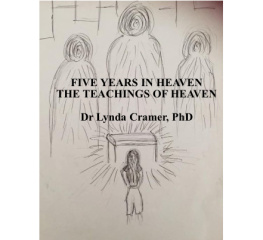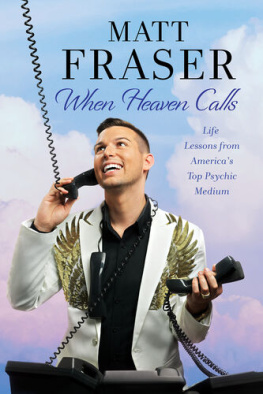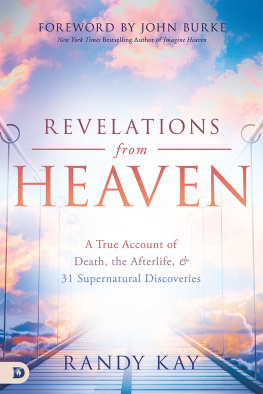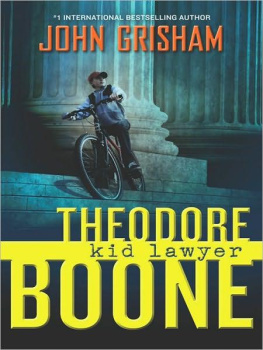
Gita Nazareth
Forgiving Ararat
2009
That art thou
I think it well you follow me and I will be your guide and lead you forth through an eternal place. There you shall see the ancient spirits tried.
Dante, The Inferno
I do not remember anymore.
Were my eyes blue like the sky or brown like fresh-tilled earth? Did my hair curl into giggles around my chin or drape over my shoulders in a frown? Was my skin light or dark? Was my body heavy or lean? Did I wear tailored silks or rough cotton and flax?
I do not remember. I remember that I was a woman, which is more than mere recollection of womb and bosom. And for a moment, I remembered all my moments in linear time, which began with womb and bosom and ended there too. But these are fading away now, discarded ballast from a ship emerged from the storm. I do not mourn the loss of any of these; nor am I any longer capable of mourning.
I was named Brek Abigail Cuttler. I have just learned that what is is what I knew once as a young child and glimpsed twice in twilight as an adult. I have chosen what is from what is not. And I will always be.

*
I arrived at Shemaya Station after my heart stopped beating and all activity in my brain irreversibly ceased.
This is the medical definition of death, although both the living and, I can assure you, the dead, resent its finality. Theres always cause for hope, people argue, and sometimes miracles. I myself used to think this way, but my views have changed. Ive discovered, for example, that even if a miracle fails at the final moment to keep you alive, theres still the possibility one will come along later, at the Final Judgment, to keep you from spending the rest of eternity wanting others dead.
I didnt know I had died when I arrived at Shemaya Station, nor did I have any reason to suspect such a thing. Nobody announces that your lifes over when it is. As far as I was concerned, my heart was still beating and my brain still functioning; the only hint that something out of the ordinary had happened was that I had no idea where I was or how Id gotten there. I simply found myself alone on a wooden bench in a deserted urban train station with a high arched dome of corroded girders and trusses and broken glass panels filthy with soot. I had no memory of a train ride, no memory of a destination. A dimly lit board in the middle of the waiting area showed arrival times but no departures, and I assumed, as most who come here do, that the board was broken or there were problems with the outbound tracks.
I sat and stared at the board, waiting for it to flash some piece of information that would give me a clue about where I was or at least where I was going. When the board refused to divulge anything further, I stood and gazed down the tracks, as anxious passengers do, hoping to see some movement or a flicker of light in the distance. The rails vanished into utter darkness, either a tunnel or a black starless night, I could not tell which. I glanced back at the board again and then, forlornly, around the station: ten tracks and ten platforms, all vacant; ticket counter, newsstand, waiting area, shoe shine, all empty. The building was completely quiet: no announcements over the loudspeakers, no whistles blowing, brake shoes screeching, or air compressors shrieking; no conductors shouting, passengers complaining, or panhandling musicians playing. Not even the sound of a janitor sweeping in a far corner of the building.
I sat back down on the bench and noticed I was wearing a black silk skirted suit. The sight of this suit made me feel a little safer and a little less alone. I had been a lawyer during my life, and lawyers always wear suits to feel more confident and less vulnerable. This particular suit was my favorite because it made me feel the most confident and least apologetic as a young woman when I entered the courtroom. I smoothed the skirt on my lap, admiring the heavy weight and rich texture of the fabric and the way it glided over my stockings. It really was a beautiful suit-a suit that attracted glances from colleagues, opposing counsel, and even men on the street; a suit that said I was a lawyer to be taken seriously. The best part of all was that I had found it on a clearance rack at an outlet store-a power suit and a bargain. I lovedthat suit.
So there I was, sitting all alone on a bench in this deserted train station, infatuated with my black silk suit, when I noticed some small stains on the shoulder and lapel of my jacket. The stains were crusty and yellowish-white, and I assumed I had probably spilled cappuccino on myself earlier in the day. I scratched at the stains with the edge of a polished but chipped fingernail, expecting the aroma of coffee to be released; but a very different scent floated into my consciousness instead: baby formula.
Baby formula? Do I have a child? Yes, of coursea childa baby daughterI remember now. But whats her name? I think it begins with an SSusan, Sharon, Samantha, Stephanie, SarahSarah? Oh yes, Sarah.
But as hard as I tried, I couldnt remember anything about Sarahs face or hair, or the way she giggled or cried, or the smell of her skin, or the way she might have squirmed when I held her. I remembered only that a child had grown inside of me, had become part of me, and then left to join the world around me-where I could see her and touch her but not protect her the way I did when she was inside me. And yet, even though I couldnt remember anything about my own daughter except her name, I wasnt bothered by this in the least. Sitting there on the bench in Shemaya Station, I was far more worried about the stains on my jacket-terrified somebody would see what I had allowed to happen to my favorite I belong black silk suit.
I scraped more vigorously at the stains. When they wouldnt go away, I lapped at my fingertips to moisten them. But instead of disappearing, the stains grew larger and changed in color from yellowish-white to deep wine red. The transformation was subtle at first, like the change from clear afternoon to streaked and pigmented sunset.
The dyes beginning to runthats why the suit was on the clearance rack.
But the stains started behaving differently too. They liquefied, sending crimson streaks down my jacket, skirt, and legs. This fascinated me. I dabbed my fingers in the red fluid, tentatively at first, like a child given a jar of paint, then with growing confidence, drawing two little stick figures with it beside me on the bench-a mother and her young daughter. The liquid felt warm and viscous and tasted pleasantly salty when I put a finger to my tongue. A pool of it gathered on the concrete floor of the station, and I slipped off my heels and tapped my toes in it, lost in the creamy sensation.
In the middle of all this, an old man walked up to my bench and sat down beside me.
Welcome to Shemaya, he said. My name is Luas.
Luas had moist, gray eyes, as if he were always thinking something poignant, and an annotated, gentle sort of frogs face, flabby and wise like a worn book. The face seemed familiar, and after a moment I recognized it as the face of my mentor, the senior lawyer who had hired me out of law school.
Now what was his name? Oh yes, Bill, Bill Gwynne. But the old man sitting next to me said his name was Luas, not Bill.
Luas welcomes everybody to Shemaya. He appears differently to each of us, and to each in his own way. He might be an auto mechanic or a teacher to one, a father or a preacher to another, or maybe a madman or all of these combined. In Shemaya, we dress each other up to be exactly who we expect to see. For me, Luas was a composite of the three older men I had adored during my life: he wore a white shirt with a tweed blazer that smelled of rum pipe tobacco, the way my Grandpa Cuttlers clothes smelled; and, as I said, he had Bill Gwynnes flabby face; but when I showed him my feet and my left hand, all covered in red, helpless like a little girl playing in her spaghetti, he flashed my Pop Pop Bellinis knowing smile as if to say:
Next page









 *
*